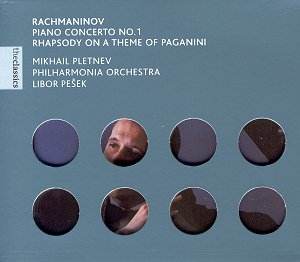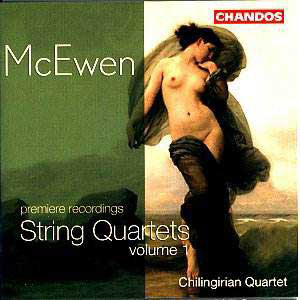 Composer: Ludwig Van Beethoven
Composer: Ludwig Van Beethoven
Works: Symphony No. 9 in D minor, Op. 125 “Choral”
Performers: Karita Mattila, soprano; Violeta Urmana, mezzo-soprano; Thomas Moser, tenor; Thomas Quasthoff, bass; Swedish Radio Choir; Eric Ericson Chamber Choir; Berlin Philharmonic Orchestra; Claudio Abbado (conductor)
Recording: Berlin Philharmonie Großer Saal, April 2000
Label: Deutsche Grammophon
Beethoven’s Ninth Symphony, a monumental work that transcends its time, stands as a testament to the composer’s visionary grasp of humanity and artistic expression. Completed in 1824, the symphony not only revolutionized the symphonic form but also introduced the concept of a choral finale, embedding Friedrich Schiller’s “Ode to Joy” within its framework. The Ninth remains a celebration of universal brotherhood, an aspiration that resonates through the ages. Claudio Abbado’s interpretation with the Berlin Philharmonic, recorded in April 2000, achieves a balance between historical fidelity and contemporary interpretation, making it a compelling entry in the pantheon of recorded performances.
Abbado’s approach to the Ninth is marked by a clarity and precision that distinguish it from earlier renditions, notably those of Herbert von Karajan. The opening movement reveals this immediately; where Karajan’s interpretations exuded a lush, almost romantic warmth, Abbado opts for a more hard-edged articulation. The orchestral detailing is striking, where every demi-semiquaver is crisply defined, allowing orchestral colors to emerge from the texture with newfound clarity. This performance emphasizes the chamber-like qualities of the orchestration, particularly evident in the woodwind exchanges that precede the recapitulation of the main theme (Track 1, around 7:45), demonstrating Abbado’s commitment to transparency and balance.
The Scherzo is another area where Abbado’s interpretive choices diverge notably from his predecessors. While Karajan’s speed in the main sections is slightly quicker, Abbado significantly accelerates the Trio, which, although exhilarating, risks losing some of the inherent character of the music. Yet, the brisk tempo invigorates the movement, propelling it forward, even if it leaves the first horn sounding somewhat strained in its solo. The slow movement presents a fascinating contrast to the broadening tendencies of many conductors who follow the post-Brucknerian school. Abbado maintains a steady pace, refusing to linger excessively over the lovely second theme. This decision sharpens the structural clarity, although it does sacrifice some of the movement’s profound mystery, particularly in the sublime coda.
The finale, where the “Joy” theme emerges, showcases Abbado’s audacity. By instructing the celli and basses to play softly to the brink of inaudibility, he creates a moment that is both daring and provocative. This choice serves to underscore the theme’s significance, though it may leave listeners scrambling for the volume control, especially when the full orchestral force sweeps in moments later. Abbado’s choral forces—comprising an excellent lineup of soloists—further enhance the performance, with Thomas Quasthoff’s bass resonating beautifully in his recitative. However, the tenor Thomas Moser’s performance falters slightly, revealing a breathless quality that detracts from the intended martial vigor of his solo.
Recording quality is paramount in this rendition, and Deutsche Grammophon has captured the grandeur of the Berlin Philharmonie with remarkable fidelity. The engineering allows for a spacious soundstage, where individual instruments can be discerned even amidst the fortissimo climaxes. Every nuance of Abbado’s interpretation is preserved, from the delicate woodwinds to the thunderous strings, reflecting a keen ear for dynamic contrast and textural balance.
While no performance can claim to be definitive, Abbado’s Ninth Symphony strikes a commendable balance between traditional symphonic grandeur and modern interpretive insights. It stands as a vital reminder of Beethoven’s enduring legacy and the transformative power of music. This recording not only navigates the complex terrain of the Ninth but also challenges listeners to engage with its profound themes afresh. It is a performance that will undoubtedly endure and inspire future generations, establishing itself as a significant interpretation in the illustrious history of Beethoven’s Choral Symphony.



